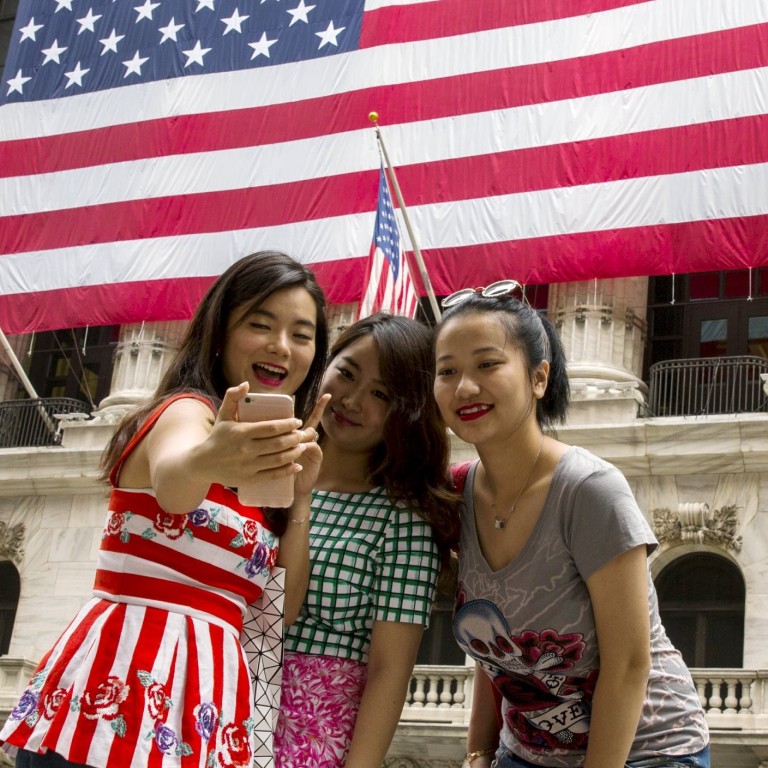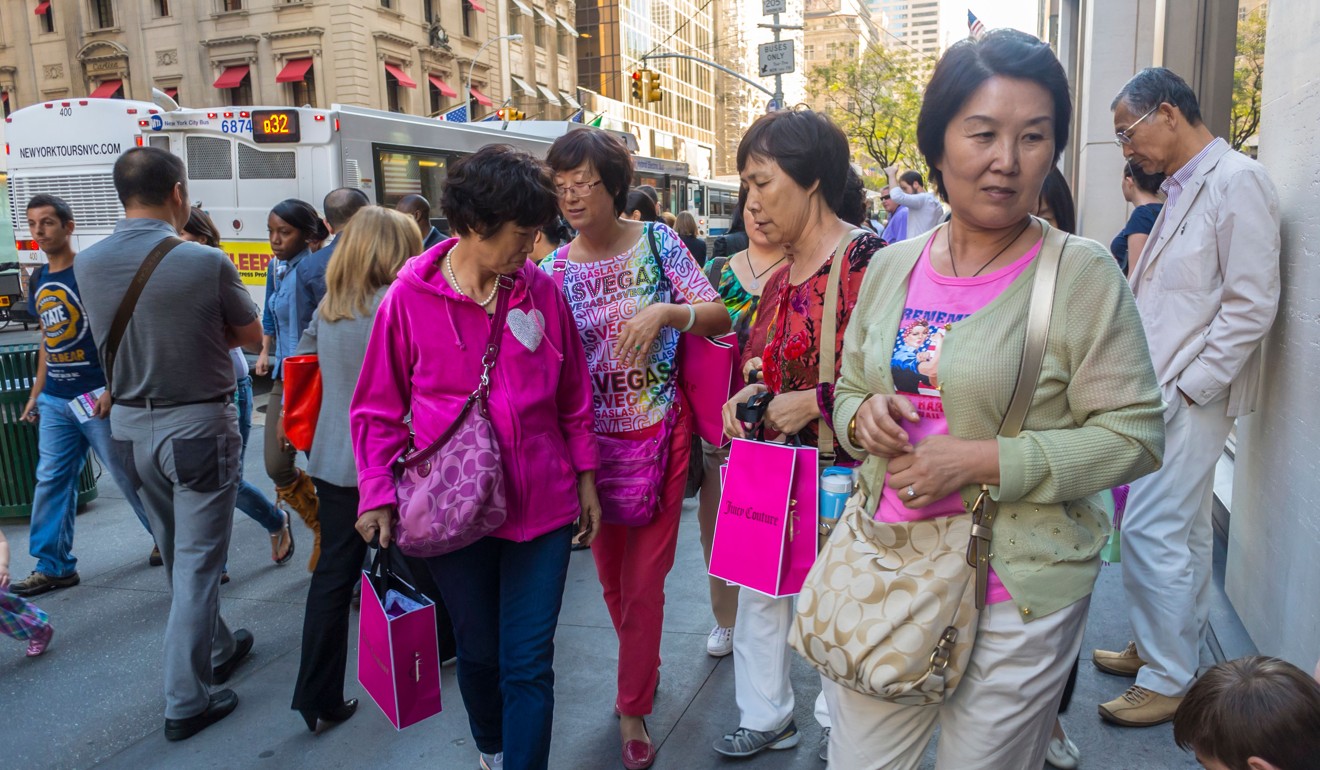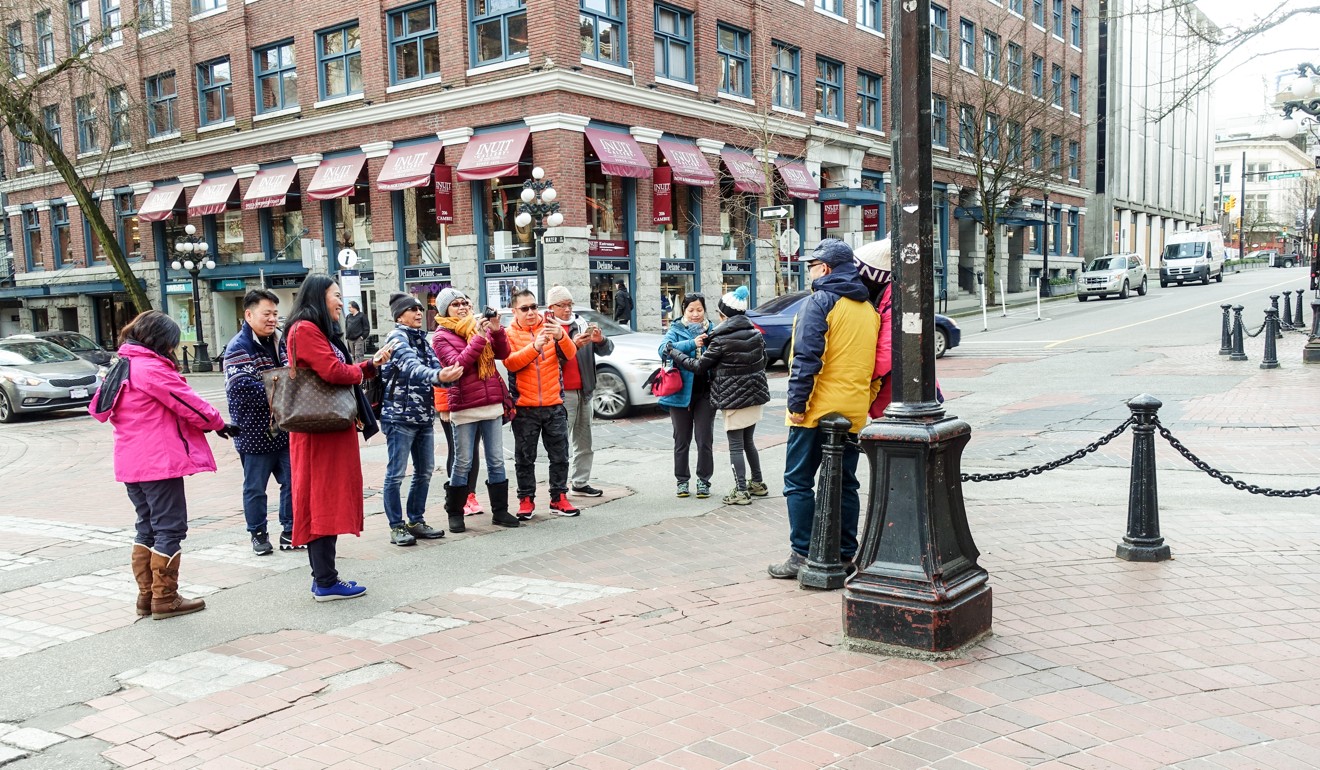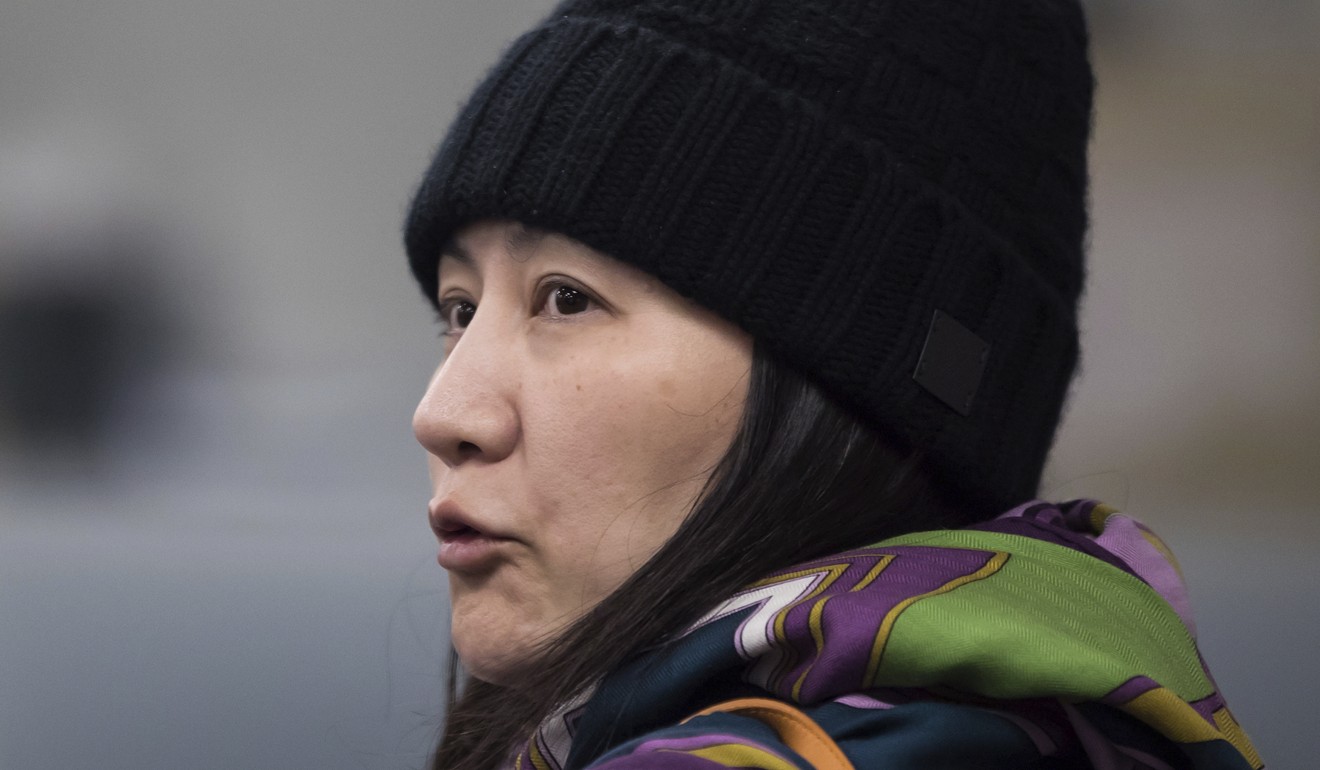
Chinese tourists’ American dream remains strong despite Huawei row and trade war
- Travel companies say both America and Canada remain popular destinations among Chinese travellers heading overseas for the peak Lunar New Year period
- US remains top pick for long-haul travel, according to country’s biggest online travel firm Ctrip
Chinese tourists’ appetite for visiting the United States and Canada remains undimmed despite the current trade war and the controversy over the detention of Huawei executive Sabrina Meng Wanzhou.
The US still tops the list for the most popular long-haul destination during the peak Lunar New Year period, according to Ctrip, which accounts for about 60 per cent of online bookings in China.
According to its “2019 New Year Travel Report”, the next most popular destinations were Australia, Italy, the United Arab Emirates, New Zealand, Britain and Spain. Figures for Canada were not available.
Fliggy, another online travel service, said the US was the second most popular destination behind Australia for journeys outside Asia.
Canada was the fifth most popular destination, after Russia, New Zealand and Britain, according to the agency, which is owned by Alibaba, which also owns the South China Morning Post.

Trips booked to the US and Canada for this Lunar New Year period have also grown by 60 per cent and 21 per cent, respectively.
This is the first peak travel season since relations between China and Canada took a turn for the worse following the detention of Meng, who is preparing to fight extradition to the US on fraud charges.
The figures suggest the increasingly acrimonious diplomatic row – which has prompted the US, Canada and China to issue new travel warnings to their respective citizens – has had little impact on ordinary Chinese people’s desire to visit North America.
Can an app clean up the overseas image of Chinese tourists?
While Canadians and US citizens have been warned by their governments to exercise a high degree of caution “due to the risk of arbitrary enforcement of local laws” in China, Beijing issued new guidance on January 15 warning its citizens to “fully evaluate the risks” before going to those countries.
A spokeswoman for Ctrip said the company was not able to comment whether the warning had had any effect on travellers’ interest in North America or the number of bookings made.
Canada’s federal tourism agency suspended new marketing efforts in China in late December.

A spokeswoman for Destination Canada did not give a specific reason for the pause, saying only: “There have been circumstances in the past in various markets, when our efforts may not have the desired positive impact in reaching our target travellers, in which case we temporarily paused efforts. These pauses, as in the case with China, have been of a short duration.”
The marketing campaign has now resumed, but it offers a stark contrast to last year, which was dubbed the Canada-China year of tourism in celebration of the two countries’ “deep ties”.
Australia, New Zealand sizzle ahead of Lunar New Year tourist surge
Chinese visitors to Canada were up 9 per cent in the first 11 months of 2018, compared with the previous year, the tourism agency said.
Destination Canada declined to speculate on the potential impact of current events on tourism, and noted that Lunar New Year was a strong time for Chinese travel to Canada.

Meng was arrested on December 1 in Vancouver at the request of the US. Soon after, China detained two Canadian nationals – former diplomat Michael Kovrig and businessman Michael Spavor – on suspicion of endangering China’s national security.
Canada described the detentions as retaliation for Meng’s arrest, something Beijing denies.
3 billion trips in 40 days: China’s Lunar New Year migration begins
The official extradition request for Meng was issued last week and she faces 13 charges including money laundering, fraud, conspiracy and intellectual property theft.
The charges add to the tensions between China and US, which have been escalating since the start of the trade war last year.
In July, China issued another travel warning for visitors to the US, warning of a range of risks including shootings and robberies.

